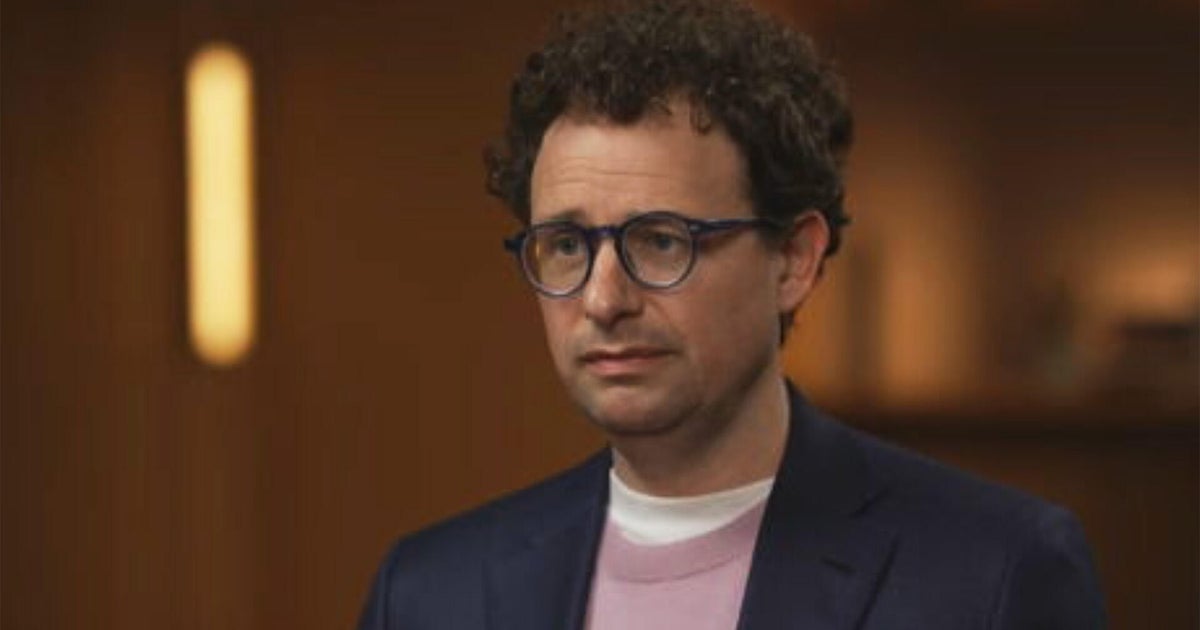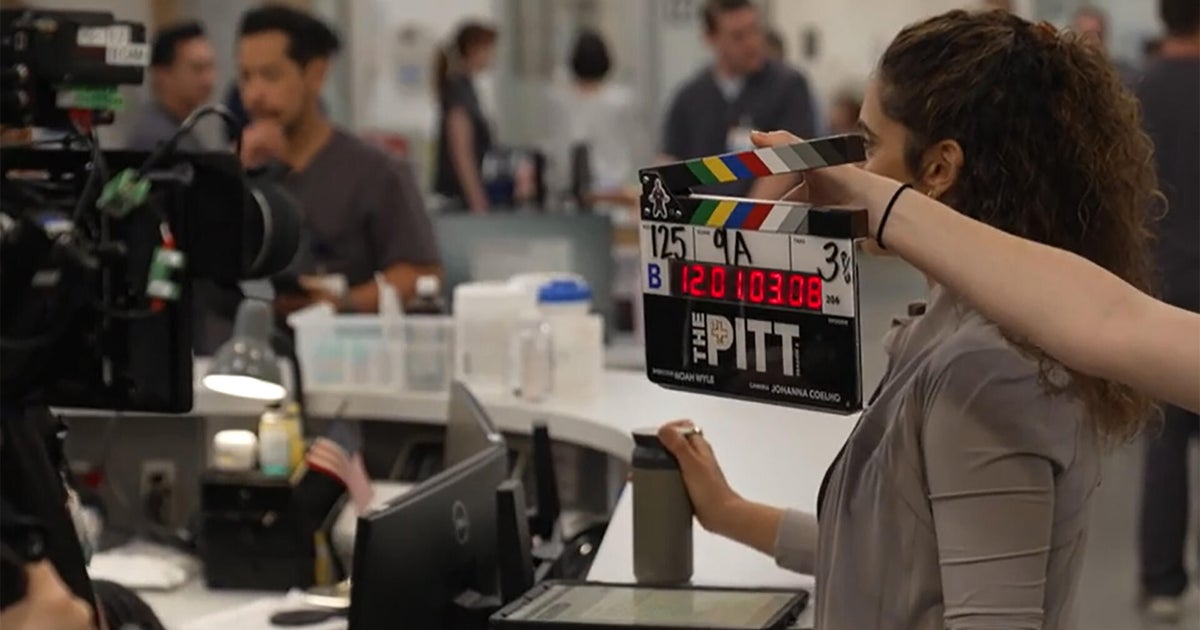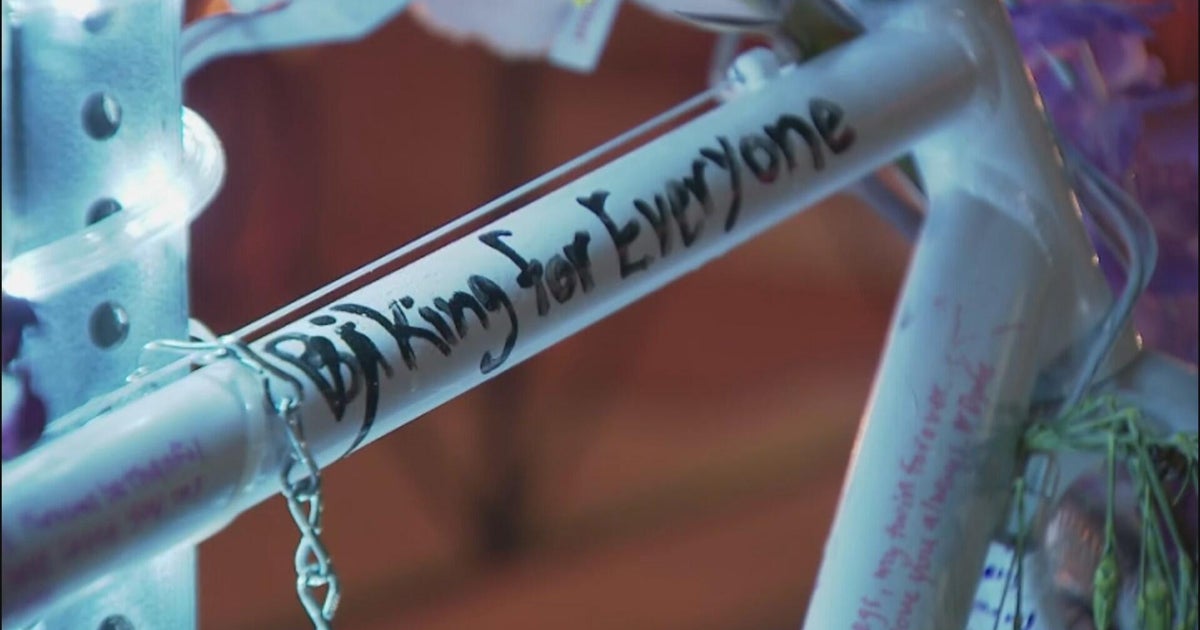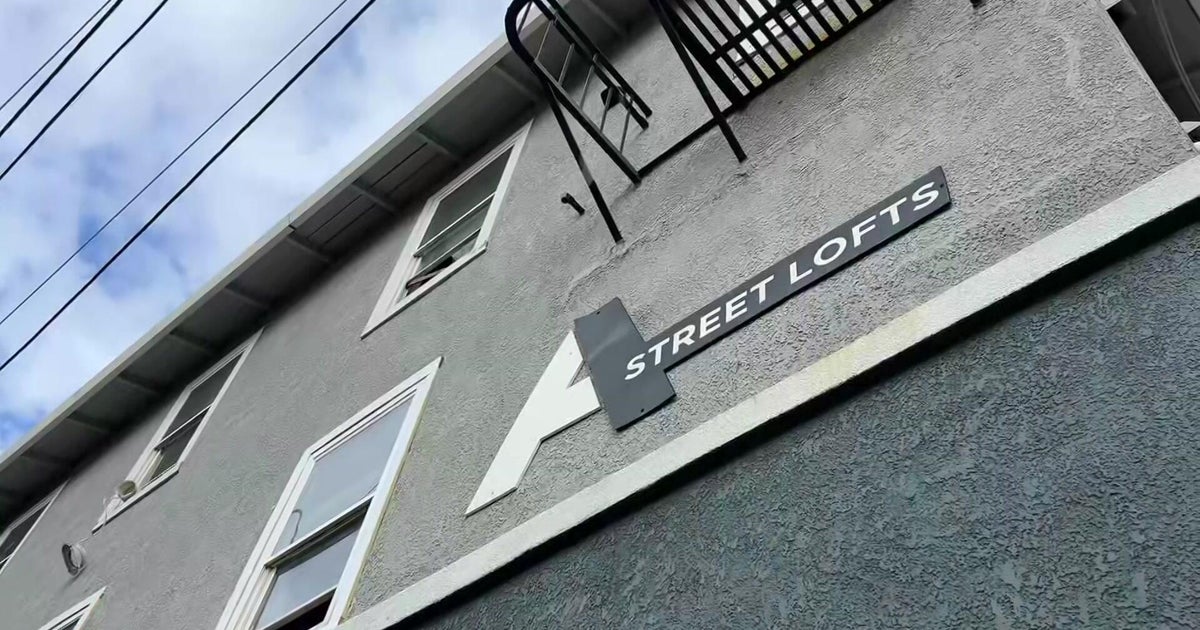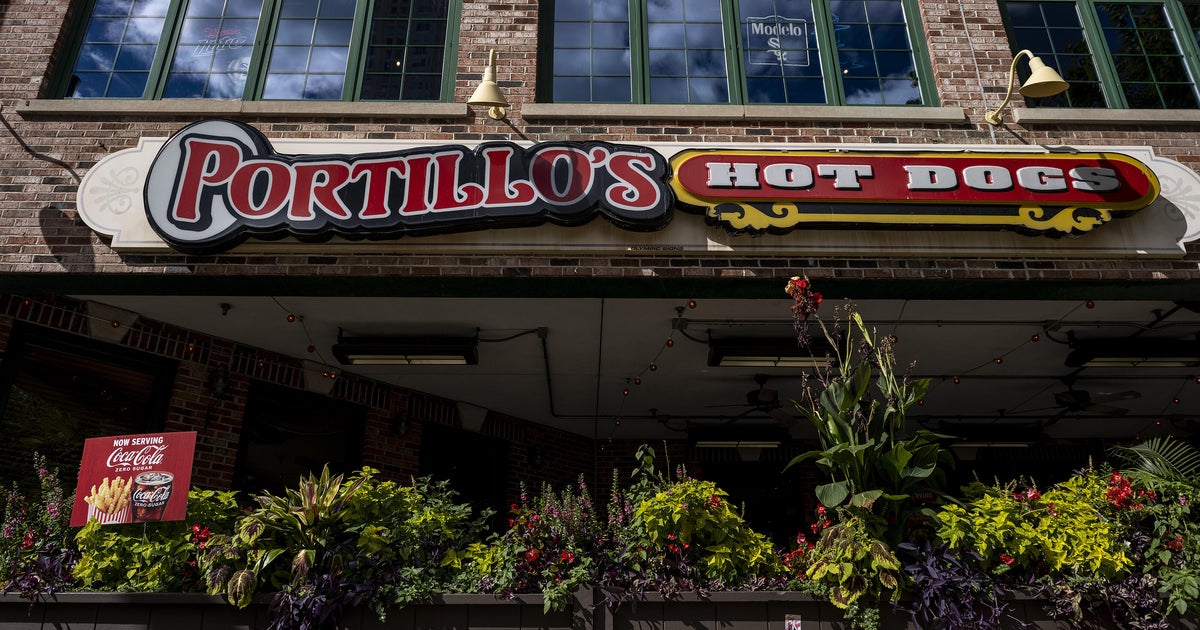Mylan CEO Wants To Be 'Catalyst For Change' In Pharmaceutical Pricing
PITTSBURGH (KDKA) -- Pharmaceutical giant Mylan, which is based in Canonsburg, was at the center of criticism last year over rising drug prices.
Mylan came under scrutiny after news broke that the price of its EpiPen increased by nearly 500 percent over seven years. But, now, the company's CEO, Heather Bresch, says she wants to be a catalyst for change.
Last September, Bresch was called before Congress to explain why EpiPen's price had skyrocketed and took an earful from lawmakers.
"The greed is astounding," said Rep. John Duncan, of Tennessee, said during the hearings. "It's sickening, disgusting, almost any words that you can think of."
Now, four months later, Bresch has given her first in-depth interview to "CBS This Morning" co-host, Norah O'Donnell.
They met inside Mylan's manufacturing plant in Morgantown, West Virginia. At one million square feet, it's the largest of its kind in America, and now the woman who's in charge of it says she wants to take on the entire healthcare system and the high cost of drugs.
"I'm not pretending to have all the answers, and I can't do it by myself. But what I can tell you is I want to be a part of the change, a catalyst for this change, and a part of the conversation that needs to go across the entire supply chain," Bresch said.
For more of Heather Bresch's interview with "CBS This Morning," visit the links below:
- Mylan CEO on EpiPen drug price controversy: "I get the outrage"
- Mylan CEO says brand competition doesn't drive drug prices down
Bresch wants to look at how pharmaceutical pricing is done and create transparency for consumers.
"Many of the solutions that I've seen today, whether it's congressional legislation, whether it's from others in the industry have been pretty isolated and kind of tweaking or making incremental change. And iIthink the reality is that we need dramatic transformation," she said.
But many are skeptical.
The National Health Insurance Trade Association says: "Health plans help to control rising drug costs by negotiating lower prices with pharmaceutical companies. But the problem of out of control drug costs starts long before a patient picks up a prescription. When pharmaceutical companies that face no competition in the market have the power to set whatever price they want, patients pay more for insurance. That's called price gouging."
Join The Conversation On The KDKA Facebook Page
Stay Up To Date, Follow KDKA On Twitter
